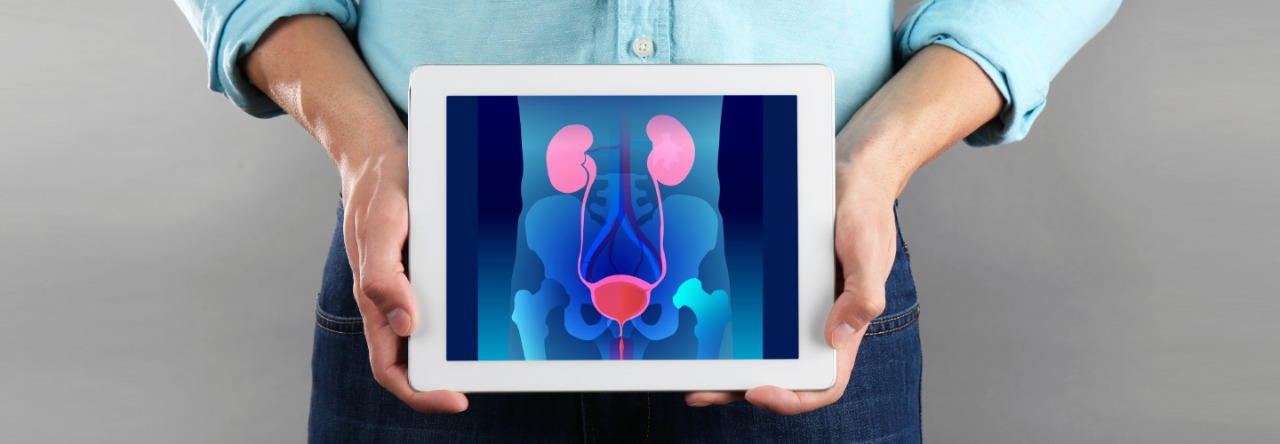The urinary system consists of the kidneys, ureter, and urethra, and all of which are vital parts of our body. They keep everything in balance by removing waste, like urea, extra salt, extra water and other things the body does not need. However, a problem in any of these organs often causes similar symptoms that are harder to categorize.
Hence, any abnormality or problem affecting the urinary system is known as a urinary symptom. These symptoms can affect anyone irrespective of gender or age. These symptoms range from inflammation, urinary incontinence, pain, to cysts or warts. In some cases, abdominal pain and pelvic pain are also categorized as urinary symptoms.
Causes
Urinary symptoms can have multiple causes, including sexually transmitted diseases or an underlying disease that can cause inflammation in the urethra or pain while urinating. Kidney diseases can also cause high blood pressure, high blood sugar, or intestinal cystitis. Weak pelvic muscles can also cause symptoms like urinary incontinence and pelvic pain. However, some urinary tract disorders rarely cause symptoms until the problem is very advanced, including:
- Kidney failure
- Tumours
- Stones that do not block urine flow
- UTIs
Other causes include:
- Enlargement of prostate
- Urinary tract stone for kidney stones
- Post vasectomy syndrome
- Dehydration
- STI or STD
Symptoms
The most common kind of urological symptoms are:
- Urinary Incontinence: Loss of bladder control resulting in urine leakage is called urinary incontinence. The causes of urinary incontinence include weak bladder muscles, overactive bladder, infections, and other diseases. Lifestyle changes can also cause it.
- Pelvic pain: Pain or discomfort, ranging from a sharp jab to a dull ache, in the lowest part of the abdomen and pelvis. It is most commonly found in women rather than men.
- Inflammation: It's usually caused by UTIs that occur in the bladder and urethra. If left untreated, they can spread to the other organs and become more problematic
Other urinary symptoms
Most people do not have any symptoms while having a urinary disorder. If their infection is chronic, it may also cause fever, chill, and headache. Other symptoms include:
- Abdominal pain
- Frequent urination
- Foul smell in urine
- Burning sensation while urinating
- Urine leakage
- Painful intercourse
- Fever and chills
Diagnosis & Treatment
Urinary symptoms are easily diagnosed with a physical exam. However, your doctor may also order a urine test, followed by a blood test, kidney test, or imaging tests like ultrasound to identify the cause of symptoms. Luckily, most of these symptoms go away with only medications and antibiotic drugs. In addition, doctors may also prescribe painkillers to relieve pelvic or abdominal pain.
However, severe conditions like kidney stones and cancers may also need surgery and other interventional treatments to relieve the symptoms completely. Hence, patients with these conditions are referred to specific specialities to manage them effectively.
Why Eternal Hospital?
At Eternal Hospital, we have a highly qualified and dedicated team of urologists who are always committed to providing the latest and most advanced medical care to all our patients. Being a trusted name in healthcare, we act compassionately while ensuring confidentiality to those who need it. We have set high standards in patient-centric premium care and outstanding patient safety, and exceptional maintenance in a timely manner. In addition, we adhere to the use of up-to-the-minute innovations to offer state-of-the-art treatments to our patients with unparalleled results.

